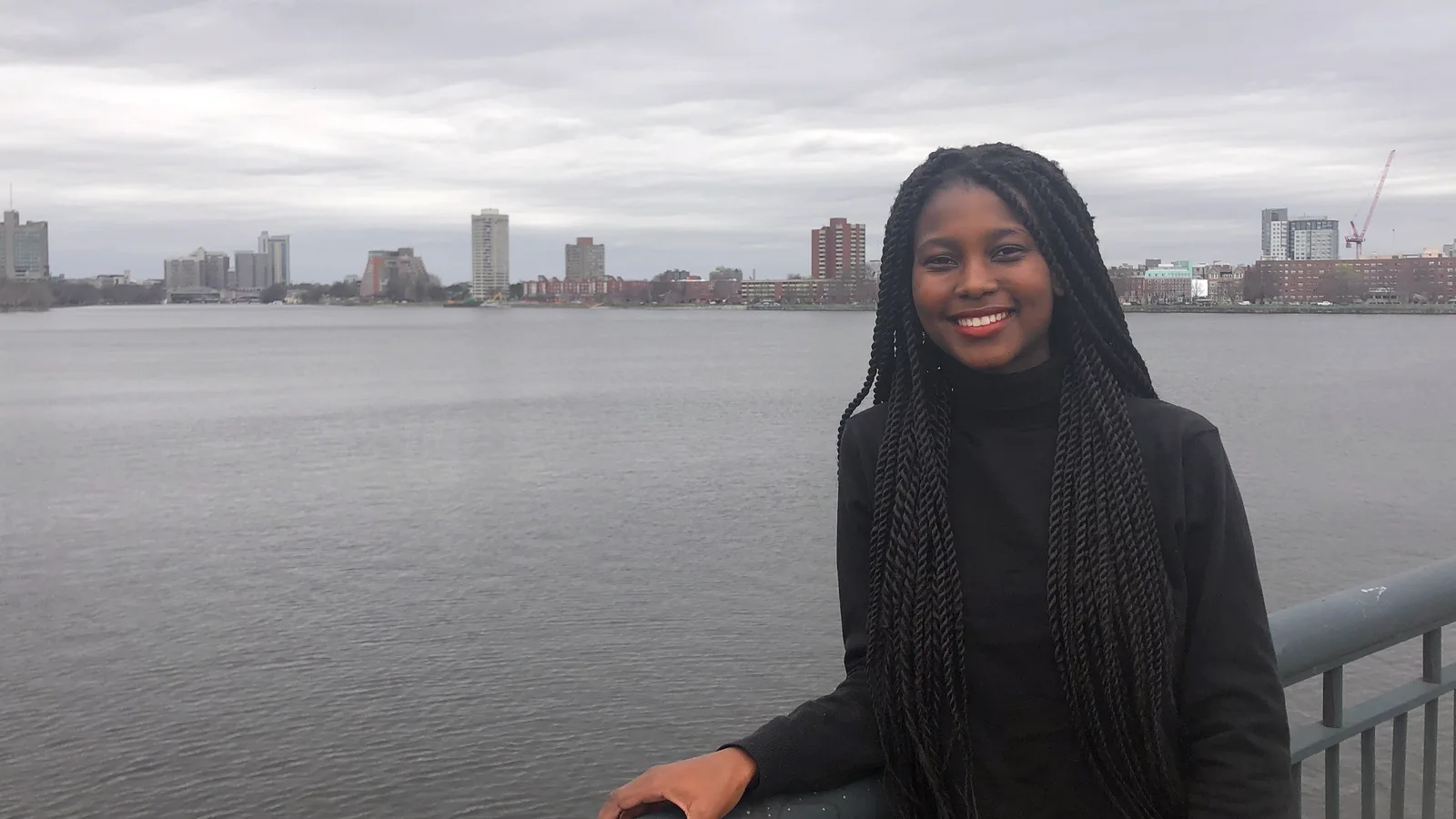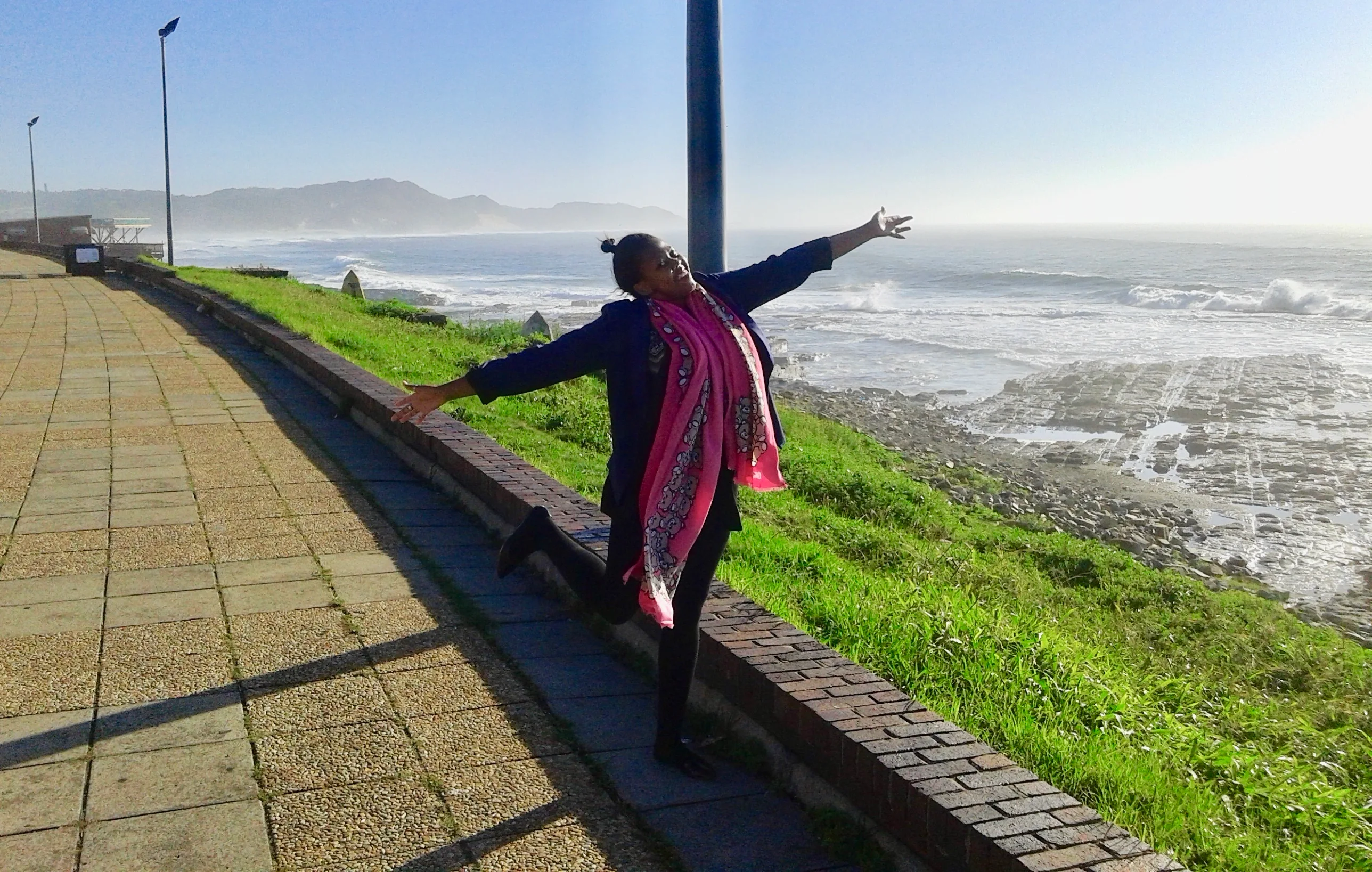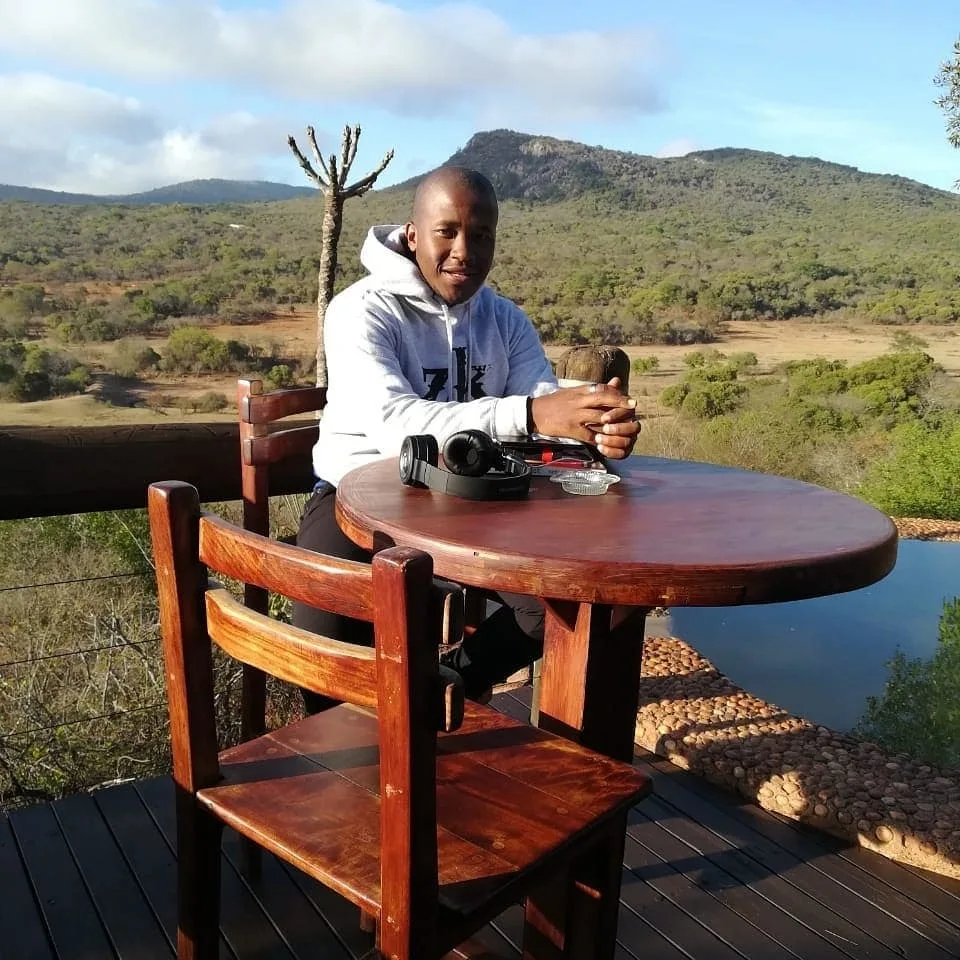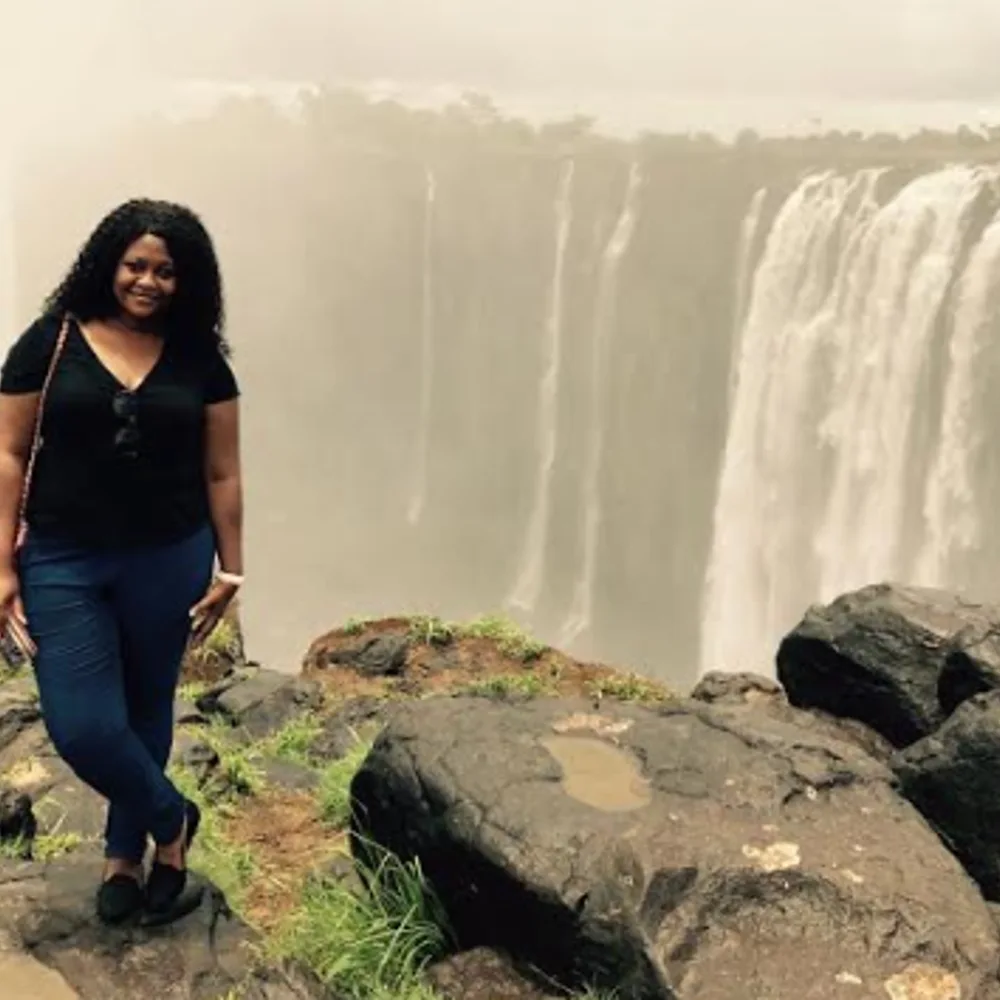According to the United Nations World Tourism Organisation, millennials – which it defines as “the current generation aged 18 to 34” – are changing the nature of travel and doing business as we know it. Since this is a generation that’s expected to make up 75% of the global workforce in the next 10 years, it’s important for anyone in the travel game to take note of their likes, behaviours and ideas about travel.
Eager to gain insights into millennials’ travel preferences, we asked a focus group of young Flowstars to share their opinions on the topic. We found, among other insights, that millennials aspire to travel more than the generations before them. With the digital era in full swing, travel and all that comes with it has never been easier.
Here are some of the aspects brands and marketers need to consider when trying to reach millennial travellers.

1. Price matters … a lot!
Price is something we all consider when travelling, but to millennials, price influences their choices more than we think.
Practicality outdoes luxury for many, who would rather drive than fly to a destination because it can work out cheaper. A place’s exchange rate and cost-effectiveness are also considered, with one millennial saying she “would rather travel to a neighbouring country because it’s an international experience that charges prices within my affordability range”.

2. Honesty is the best policy
The travel market has its high and low seasons during the year, with prices that change accordingly. As travellers, we all try to look for the best deal but are sometimes deceived at first glance. When millennials were asked how they felt about buying flight tickets, one said that “the advertised price is always lower than the final price. It either makes me shorten my round trip days, which sucks, or just choose a different airline to fly with. Be honest and I’ll stay.”
3. Digital is the only way
When our millennials focus group was asked how often they book their travel tickets online, they all said “all the time”, with one not even knowing the other options available. None would consider using a travel agent.
It emerged that millennial travellers admire speed and simplicity, and dislike the complicated designs that are characteristic of some airline websites. One shared her thoughts on the matter, saying, “Using sneaky design tactics to make me stay on your website longer doesn’t work. If anything, it makes me want to leave your website and find another one to browse on.”


4. Last-minute plans are a thing
With mobile travel apps on your side and social media at your fingertips, why not choose to travel to any destination at any time? Most millennials we surveyed said that they prefer to book travel tickets just a few days before departure, unless it’s for something they know will have limited tickets, such as a concert or a festival.
One suggested that “airlines should advertise accordingly and sell package deals a week or two before they expire – it’s best to do this when a long weekend is nearby”.
5. Word of mouth – or you’re out
Social media platforms have allowed us to share ideas across the board, including our thoughts on travel destinations. With sites like TripAdvisor and Lonely Planet at hand, millennials can research and choose a destination based on other people’s experiences of it. One millennial we spoke to said, “It’s essential to look at the reviews. I can look at reviews for hours until I’m sure I want to visit that place. I look for things like safety, the price of round trips and cheap accommodation, and also flexibility – how often flights leave and come into that area.”
Another respondent added that she looks at how the locals treat different people and cultures. “It’s important to understand a place’s context and how it may influence a native’s perception of you – as a woman, I feel like there are some places I wouldn’t travel alone to.”


6. It’s all about experiences
“Travel broadens the mind and makes one more tolerant of cultures they are unfamiliar with,” one millennial said. Another said, “I want to travel to African countries to change my perception of Africa. We’re raised with negative ideas of how certain countries are, when in reality they may be the exact opposite. If I do travel, I want to share this knowledge with people.”
Compared to other generations, millennials seem more interested in understanding the culture of a place than in experiencing the luxury it may offer. The concept of sharing and exchanging knowledge – as seen in the growing popularity of services in the sharing economy such as Airbnb and Uber – is expanding in the millennial sphere, with no signs of slowing down.
